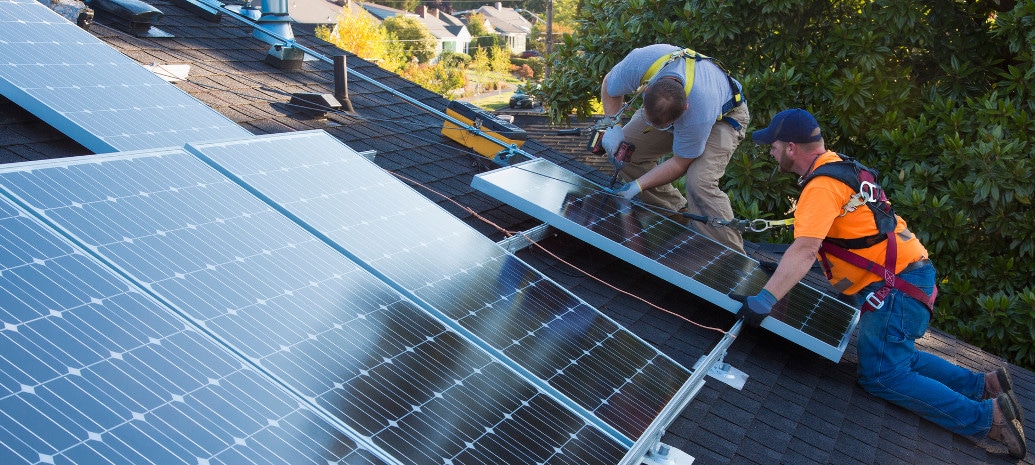In line with New York Gov. Andrew Cuomo’s aggressive plans to deploy distributed generation assets in his state, a new law requires the New York Public Services Commission (NYPSC) to develop energy storage requirements for utilities in the state.
Signed on Wednesday, the law directs the NYPSC to establish the energy storage targets by January 1. The legislation mandates that the targets be met by 2030.
In essence, the law establishes the energy storage version of the renewable portfolio standards (RPS) in many states that are designed to encourage utilities to purchase a percentage of their electricity generation from renewable sources like wind, solar and hydro.
The new program will be overseen by the New York State Energy Research and Development Authority and the Long Island Power Authority.
Although Cuomo applauded the legislation as he signed it into law, he did express reservations that some of the provisions in the bill conflict with the state’s Reforming the Energy Vision (REV) initiative. In his approval statement, Cuomo said he had an agreement with the legislature to pass more legislation next session to resolve some of those potential conflicts.
Kelly Speakes-Backman, CEO of the Energy Storage Association, applauded the new law.
“It’s a great day for energy storage in New York,” Backman said in a statement. “By signing the bill into law, the Governor joined the unanimous opinion of the legislature that a long-term commitment to deploy energy storage is critical to a more reliable and resilient, affordable, and sustainable electric system for New Yorkers.”
Backman added that the long-term commitment should encourage energy-storage businesses to invest and hire in the state and pledged that her members would help the Public Service Commission to determine an appropriate target for energy storage deployment.
New York’s legislation follows the lead of three states – Utah, Oregon and Massachusetts – in mandating that energy storage become part of all utilities’ integrated resource plans.
This content is protected by copyright and may not be reused. If you want to cooperate with us and would like to reuse some of our content, please contact: editors@pv-magazine.com.








By submitting this form you agree to pv magazine using your data for the purposes of publishing your comment.
Your personal data will only be disclosed or otherwise transmitted to third parties for the purposes of spam filtering or if this is necessary for technical maintenance of the website. Any other transfer to third parties will not take place unless this is justified on the basis of applicable data protection regulations or if pv magazine is legally obliged to do so.
You may revoke this consent at any time with effect for the future, in which case your personal data will be deleted immediately. Otherwise, your data will be deleted if pv magazine has processed your request or the purpose of data storage is fulfilled.
Further information on data privacy can be found in our Data Protection Policy.